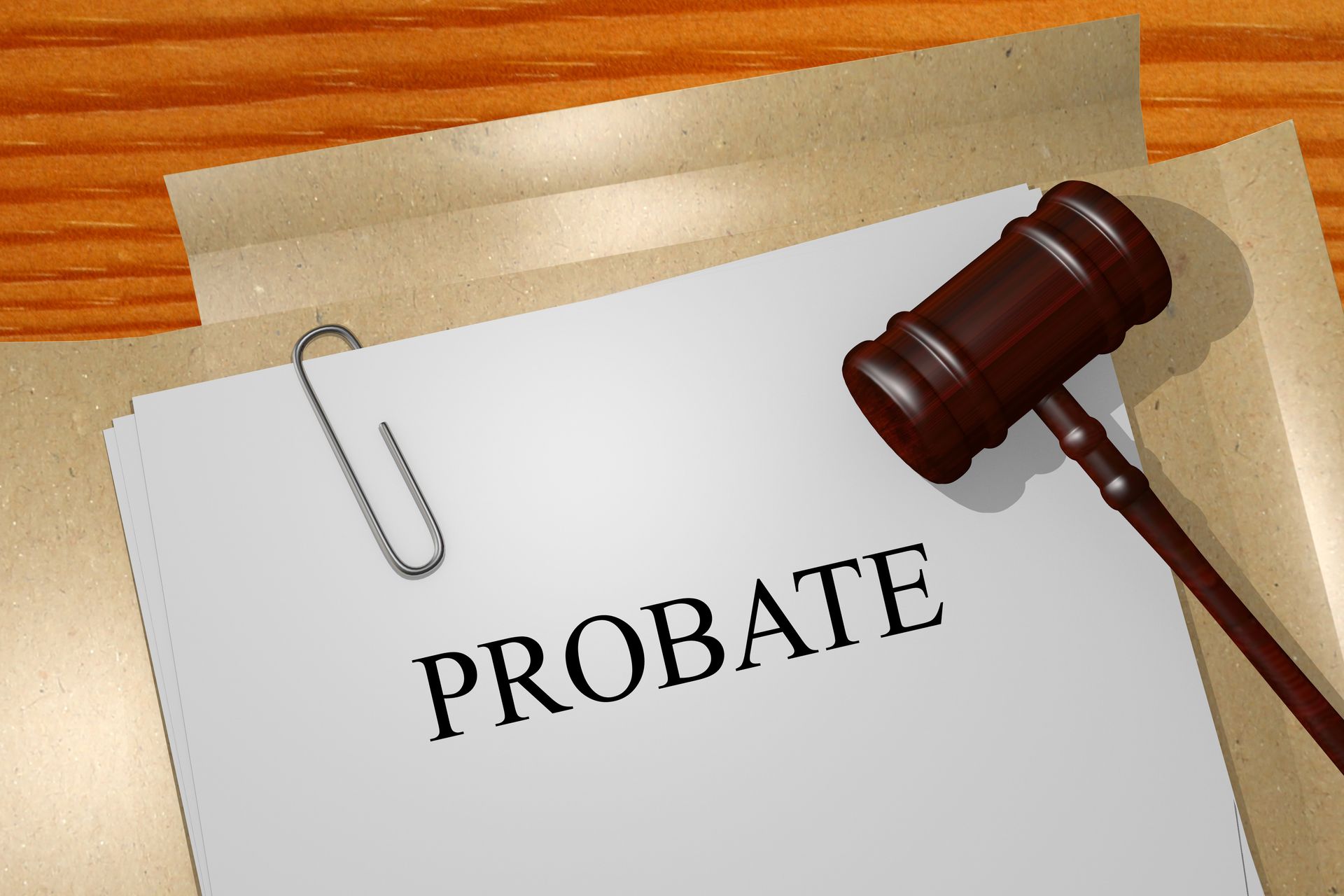November 1, 2023
Dealing with the loss of a loved one is never easy, and the complicated legal procedures that come with it can be daunting. Those who have a Will might think that it decides everything, but that's not always the case. In California, Wills have limitations, and it's essential to know what they control and cannot control to ensure that your wishes are executed correctly. In this blog, we’ll discuss the extent of a Will's control in California and how an attorney can help. 1. Assets Controlled by a Will A Will is a legal document that specifies a person's wishes about asset distribution after death. In California, a Will can control several assets such as real estate, personal property, investments, businesses, and other assets in the deceased person's estate. It allows you to choose, for example, whom you want your assets to pass, in what proportion, and when the assets are distributed. 2. Assets Not Controlled by a Will Not all assets are controlled by a Will. In California, some assets do not pass through the probate process and cannot be controlled by a Will. These assets include life insurance policies or retirement accounts with beneficiary designations, joint tenancy assets, pay-on-death accounts, and assets held in a living trust. 3. Probate Process After death, the Will is usually submitted to the probate court, and the executor will initiate the probate process. It's a legal process to distribute assets, pay creditors, and settle debts of the deceased person. During probate, a probate judge will oversee the process, approve the Will, and ensure that all debts and taxes are paid before assets are distributed. 4. How can an Attorney Help? Writing a Will can be confusing and complicated, especially if you have several assets and beneficiaries. An attorney can help you draft a specific Will that reflects your wishes and meets the legal requirements of California. They can guide you through the entire estate planning process, including creating trusts, assigning beneficiaries, and setting up power of attorneys. They can also help you avoid the probate process by creating and funding a living trust, designating beneficiaries for some assets, or making sure all your assets are owned jointly with the right of survivorship. A qualified attorney can help minimize your tax liability, increase the value of your estate, and protect your assets from creditors or other legal disputes. In conclusion, a Will is only one part of the estate planning process in California. It controls certain assets, but not all of them. That's why it's essential to consult a qualified attorney to help you draft a Will and create a comprehensive estate plan that reflects your wishes and protects your assets. An experienced attorney can ensure your estate planning documents are legally valid, minimize taxes and probate fees, and avoid legal disputes and complications that may arise after death. Contact a trust and estate planning attorney today and start planning for your future peace of mind.





